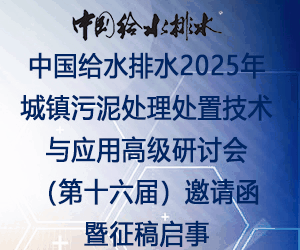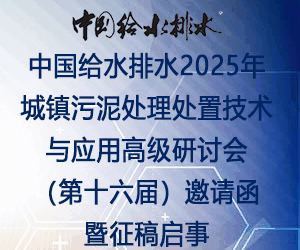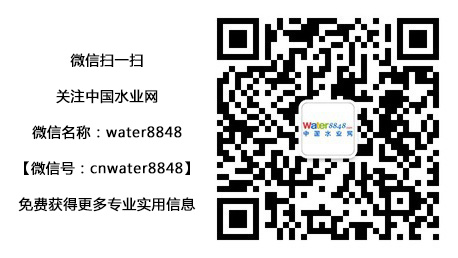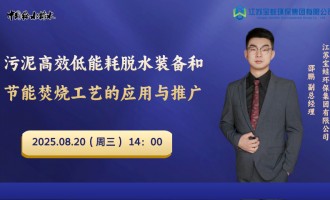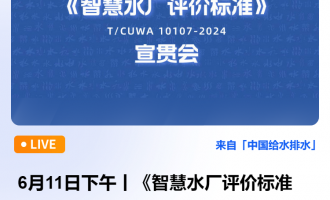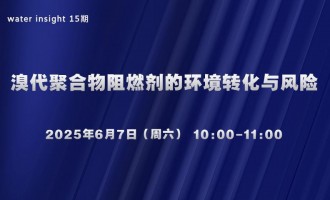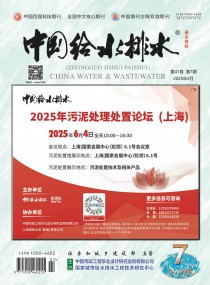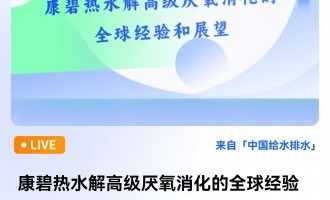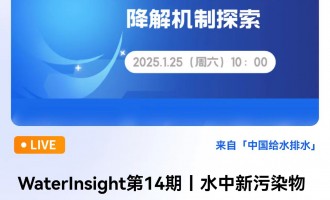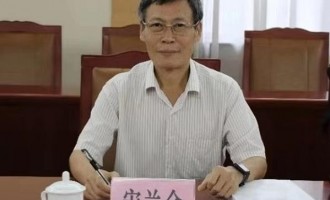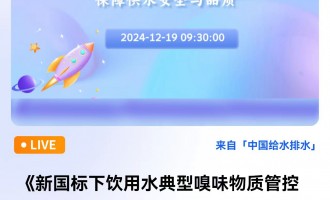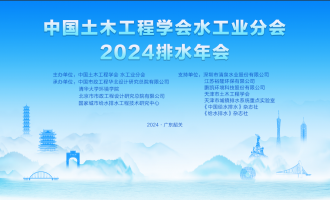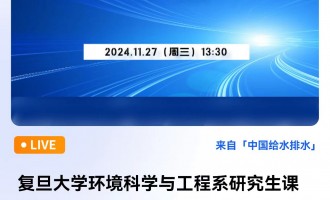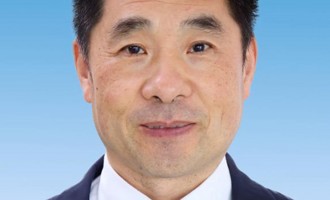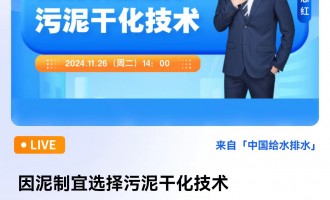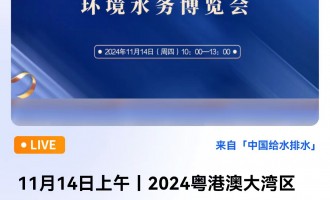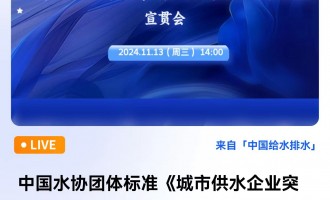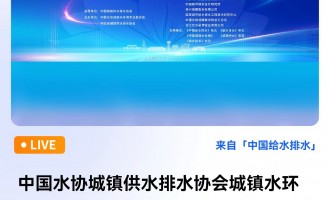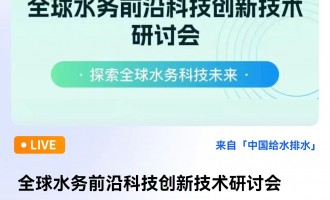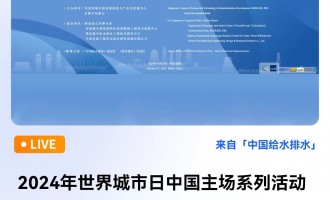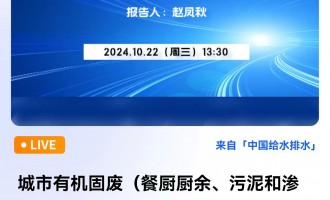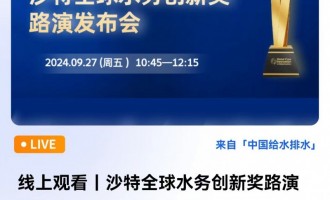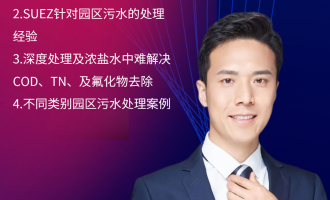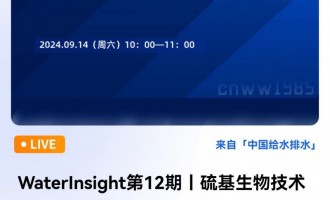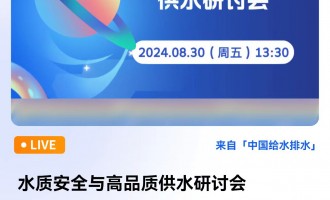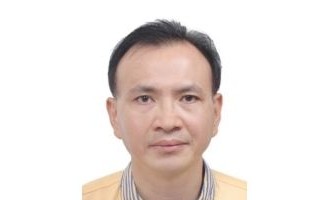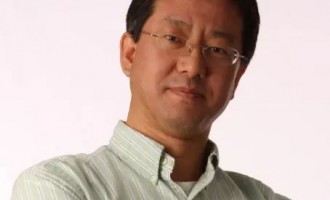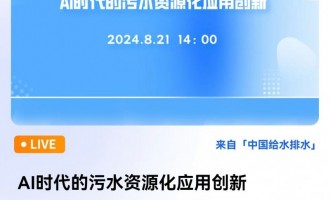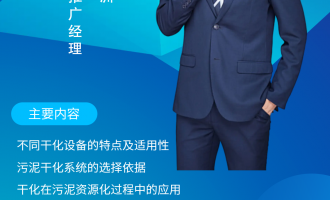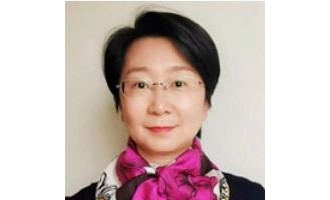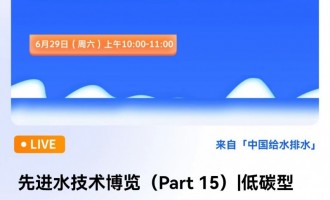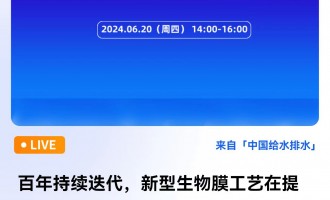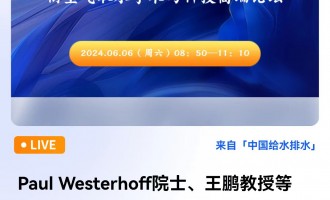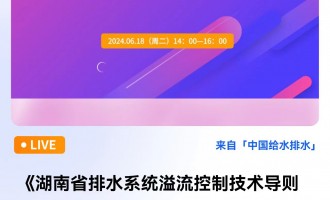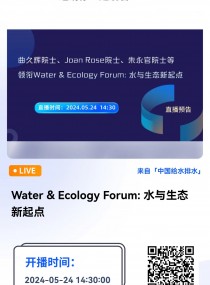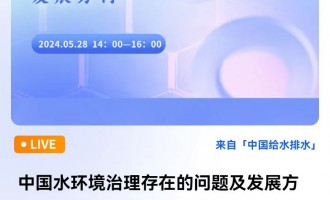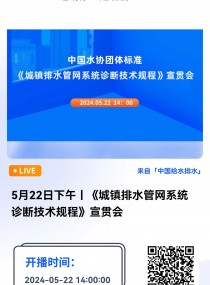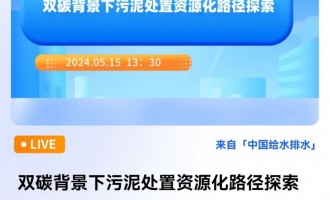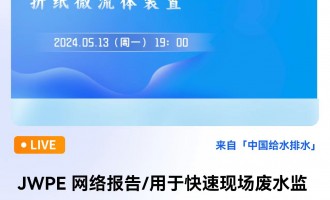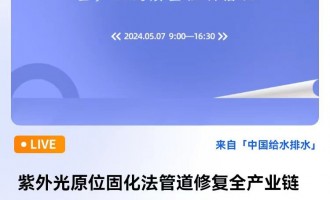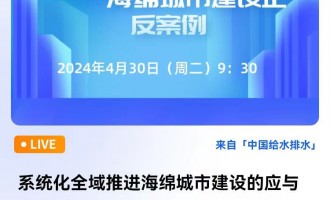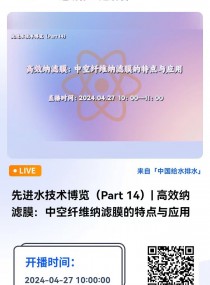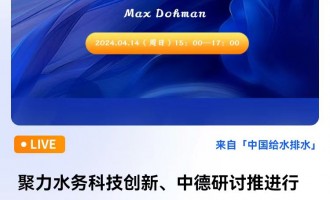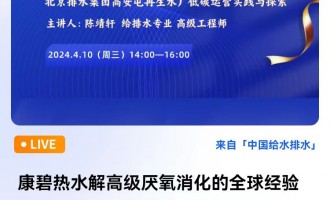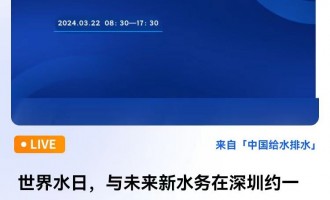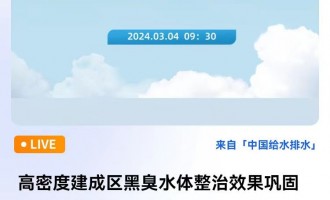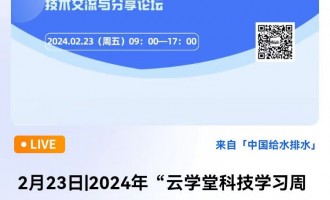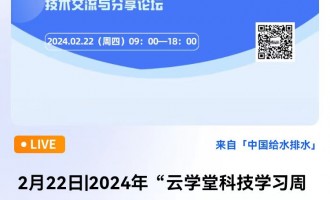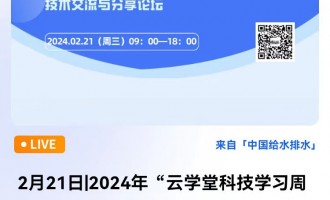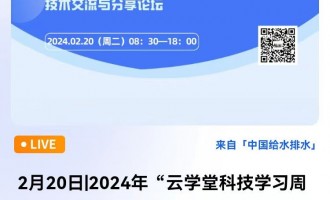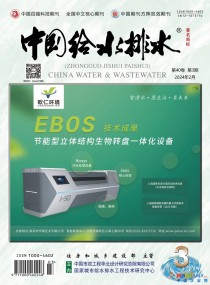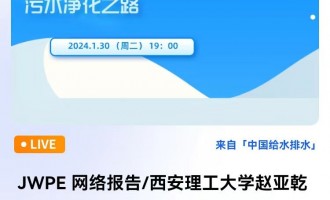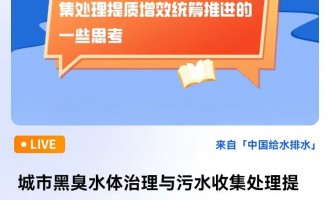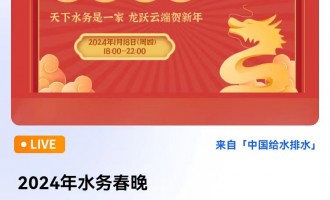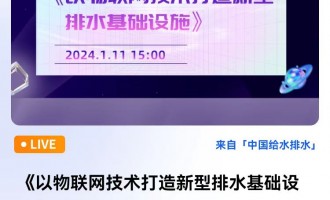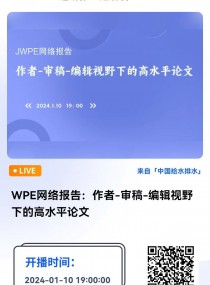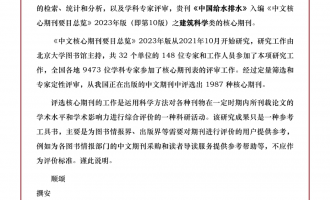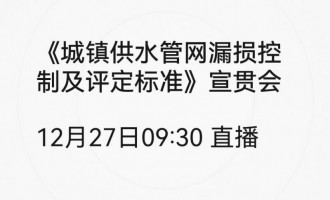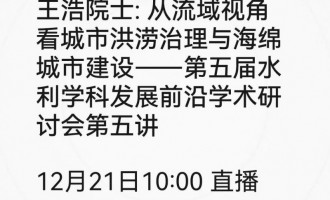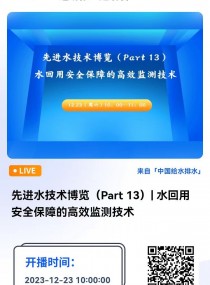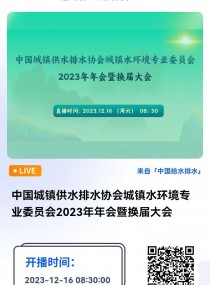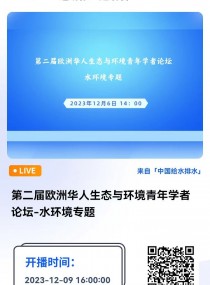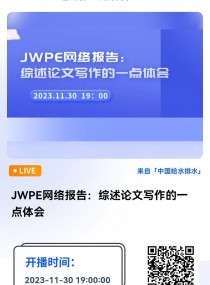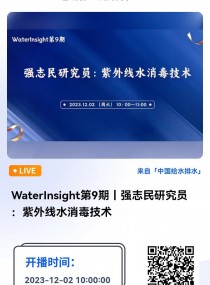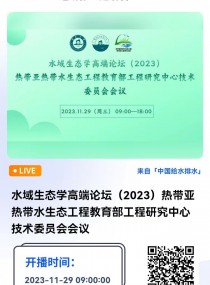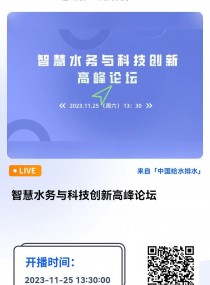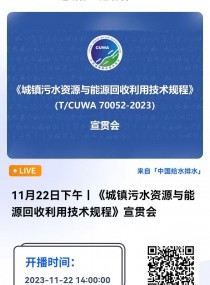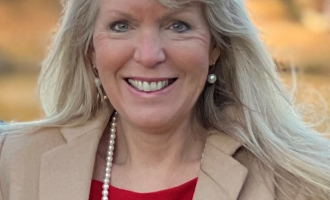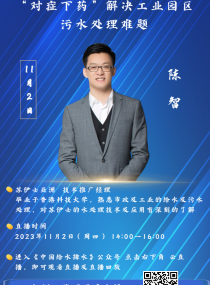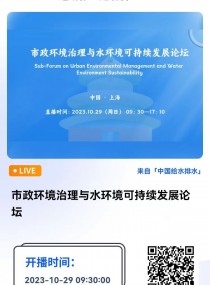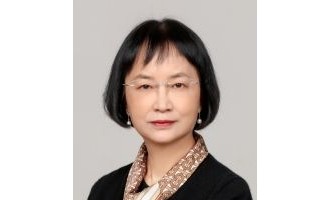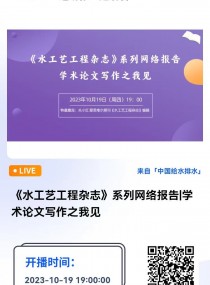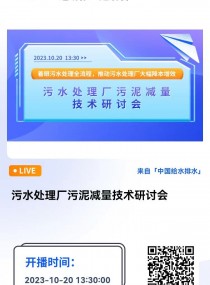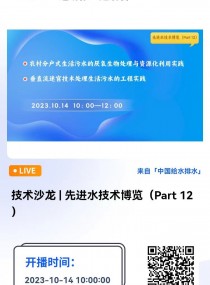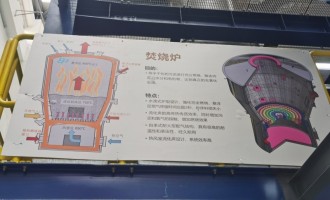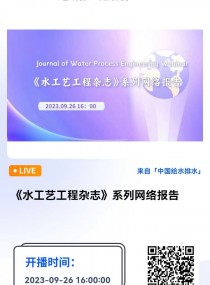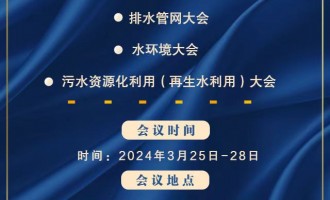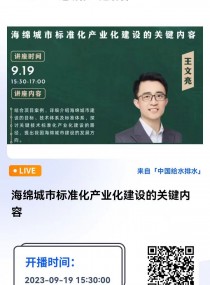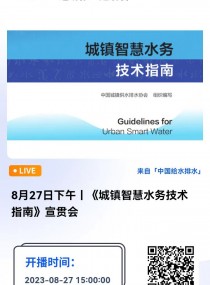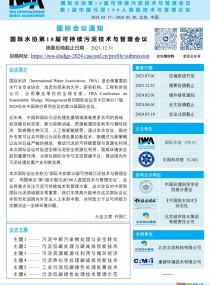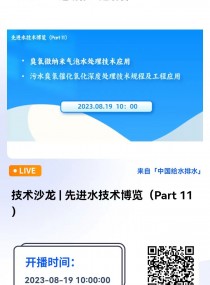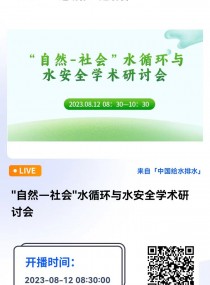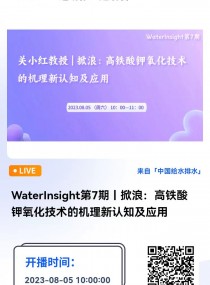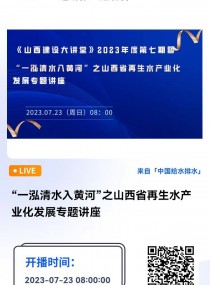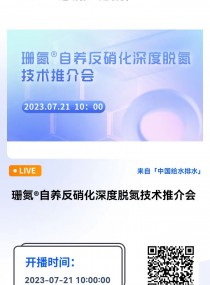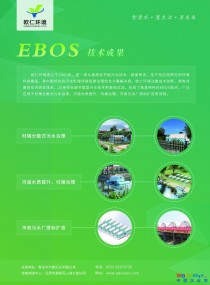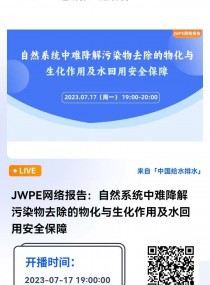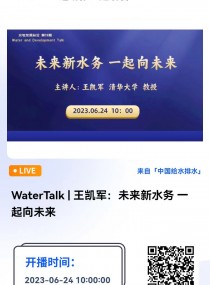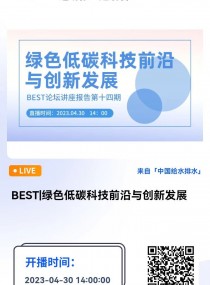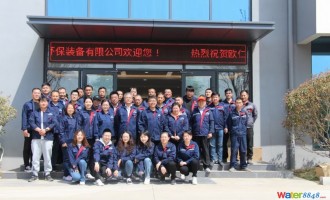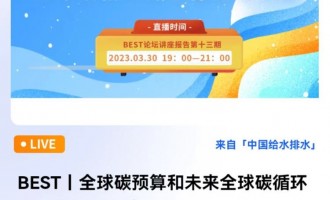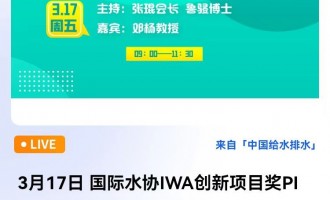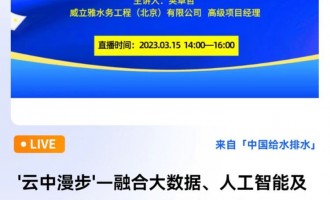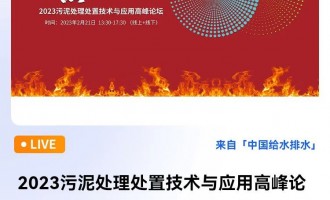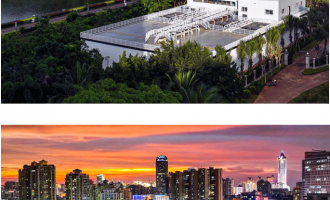苏伊士获得其首个工业客户海水淡化项目
近日,苏伊士在中国携手合作伙伴中标万华化学集团蓬莱海水淡化项目EPC工程总包项目。该项目将在节约淡水资源的同时保护生态环境,助力万华及其工业合作伙伴实现生态转型。这是集团自2022年2月1日以来中标的最大海水淡化项目,也是首个工业客户项目。
地球上的水资源约有14.5亿立方千米,其中大部分都是咸水,只有大约2.5%是淡水。为了解决淡水短缺的问题,苏伊士正在积极开发海水淡化技术,以有效解决沿海地区缺水的问题。
近年来,中国也高度重视海水淡化产业发展。2021年6月,国家发展改革委联合自然资源部印发的行动计划中明确推进海水淡化规模化利用,其中工业园区是着力点之一。
作为行动计划的一部分,在山东烟台蓬莱,全球化工品牌前25强企业万华化学集团计划建设新的化学工业园区。为了节约稀缺的淡水资源,提升当地水生态系统韧性,苏伊士将为其设计并建造一座100MLD的高工业标准反渗透海水脱盐工厂,将淡化海水作为化学工业园区的替代水资源,建成后每年将节约3600多万立方米淡水。
蓬莱海水淡化厂在设计时将循环经济原则纳入考量,将处理邻近电厂的海水直冷系统排水,该电厂取附近的海水作为冷却水源。与直接从海中取水的工艺相比,经直冷系统“加热”后的海水将节省反渗透工艺的电耗,有效减少碳排放。
苏伊士与万华化学集团在2017年至2022年已在四个重要的水处理和污水处理项目上携手合作,而这个新项目是双方成功合作后的又一新里程碑。与此同时,该项目不仅成为苏伊士海水淡化一个新的重要案例,更是其在工业客户领域的第一个案例。苏伊士在澳大利亚建造了全球其中一个最大的反渗透海水淡化厂——维多利亚海水淡化项目,巩固其作为水循环解决方案主要运营商的地位,而后又继续加快其在南半球领先的业务布局。苏伊士在珀斯的海水淡化厂每年为超过 200 万人提供超过 450 亿升洁净的饮用水。
苏伊士集团董事长兼首席执行官苏冰岚表示:“与万华化学集团的这个最新合作项目彰显了苏伊士作为全球运营商在大型海水淡化项目上的地位,标志着苏伊士在中国海水淡化市场的一次突破,也是我们在中国发展迈出的新步伐。我们将基于苏伊士50年的海水淡化经验,通过创新技术创造差异化,从而为当地的环境创造价值以推动其生态转型。”
苏伊士在亚洲:
苏伊士约70年前进入亚洲市场,起步于东南亚,继而扩展至中国的发展也近50年。苏伊士在亚洲拥有逾6500名员工,已建成600多座水厂和污水处理厂,向逾2500万人提供水务和固废资源管理服务,为16个工业园区提供环境服务。在中国,苏伊士被公认为最具影响力的企业之一,也是引领亚洲环保行业的标杆。如今,苏伊士与各地市政和工业客户的合作项目遍布中国30多个主要城市和地区,在澳门运营中国水务行业的第一个PPP项目,在上海运营亚洲最大的危废处理设施之一,在重庆的投资逾40亿元人民币。
关于苏伊士
面对日益严峻的环境挑战,160多年来,苏伊士集团一直致力于提供保障和改善民生的基础性服务,并凭借其富有韧性和创新性的解决方案,为客户提供水务和固废服务。集团在40个国家的44000名员工积极赋能客户,为客户在资产和服务的全生命周期内创造价值,并与最终用户共同推动生态转型。2021年,苏伊士集团为全球6600万人生产饮用水,为3300多万人提供环卫服务,通过污水和固废处理转化生产3.6太瓦时的能源,并避免了380万吨二氧化碳的排放。2021年,苏伊士集团的营收为75亿欧元。更多资讯请浏览官网: www.suez.com 或关注推特 @suez.
SUEZ wins the Group’s first desalination project for an industrial customer
SUEZ together with its partners won the engineering, procurement and construction contract for Wanhua Chemical Group’s Penglai seawater reserve osmosis desalination plant in China. The project will contribute to preserving local freshwater resources, while protecting the ecological environment, helping Wanhua and its industrial partners move along their ecological transition. This is the largest desalination project won by the Group since 1 February 2022 and the first one for an industrial customer.
Our planet has approximately 1.45 billion km3 of water resources, most of which are saline. Only about 2.5% are freshwater. In recognition of freshwater scarcity, SUEZ is actively developing desalination technology to redress water shortages in coastal areas.
In recent years, China has also attached great importance to the development of the desalination industry. In June 2021, China’s National Development and Reform Commission and Ministry of Natural Resources has unveiled an action plan with a clear agenda to promote large-scale utilization of desalination technology. Industrial parks will become key centers in this initiative.
As part of this action plan, Wanhua Chemical Group, a top 25 global chemical company, is planning to build a new chemical industrial park in Penglai District, Yantai City, Shandong Province. To conserve scarce freshwater resources and improve the resilience of the local water ecosystem, SUEZ has been awarded a contract to design and build a 100 MLD seawater reverse osmosis (SWRO) desalination plant with high industrial standard: the plant will use seawater as an alternative water source for the chemical industrial park. Once commissioned, the desalination plant will save more than 36 million m3 of freshwater per year.
Designed with the principles of circular economy in mind, the SWRO desalination plant will treat water that is discharged by the direct cooling system of an adjacent power plant. In the power plant, nearby seawater is used as part of the cooling system. As a result of this process, heated seawater helps cut down electricity consumption, through reverse osmosis. In turn, this results in lower carbon emissions compared to those generated by directly drawing seawater.
This project marks a new milestone in SUEZ’s cooperation with Wanhua Chemical Group after 4 major water and wastewater treatment projects carried out between 2017 and 2022. It is also a new major desalination reference for SUEZ, and the first one for an industrial customer. Having built one of the world’s largest reverse osmosis desalination plants in Australia, SUEZ cemented itself as a major player in creating circular solutions for water, with the development of the Victorian Desalination Plant (VDP). Continuing its leading footprint in the southern hemisphere, SUEZ delivered the Perth Seawater Desalination Plant (PSDP), which supplies over 2 million people with more than 45 billion litres of fresh drinking water each year.
As Sabrina Soussan, Chairman and CEO of SUEZ, said: “This latest joint project with Wanhua Chemical Group confirms SUEZ's position as a global player in large-scale desalination projects. It also marks SUEZ’s foray into China’s desalination market, and a new step in our development in the country. Building on our 50-year desalination expertise at SUEZ, we will achieve differentiation through innovative technology that creates value for the local environment to drive the ecological transition.”
SUEZ in Asia
In Asia, SUEZ’s journey began some 70 years ago, first in Southeast Asia before expanding to China nearly 50 years ago. With 6,500+ employees across Asia, SUEZ has built 600+ water and wastewater plants in the region and provides water and waste services to 25+ million people and delivers environmental services to 16 industrial parks. SUEZ is recognized as one of the most influential companies in China and a service benchmark for leading Asia’s environmental industry. Today, SUEZ works with municipal and industrial customers in more than 30 major cities and regions across China, manages China’s first PPP water contract in Macao, operates one of Asia's largest hazardous waste treatment facilities in Shanghai, and has invested over RMB 4 billion in Chongqing.
Faced with growing environmental challenges, for more than 160 years, SUEZ has been acting to deliver essential services that protect and improve the quality of life. SUEZ enables its customers to provide access to water and waste services, with resilient and innovative solutions. With its 44000 employees present in 40 countries, the Group also enables its customers to create value over the entire lifecycle of their assets and services, and to drive their ecological transition, together with their end-users. In 2021, SUEZ produced drinking water for 66 million people worldwide and sanitation services for more than 33 million people. The Group generates 3.6 TWh of energy from waste and wastewater per year and avoided the emission of 3.8 million tons of CO2. In 2021, SUEZ generated revenues of 7.5 billion euros. For more information: www.suez.com / Twitter @suez


